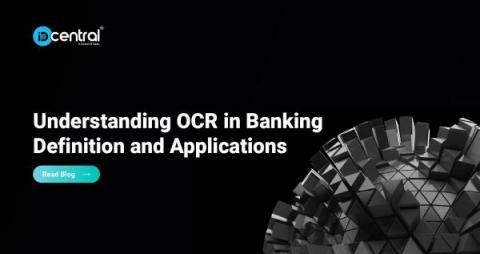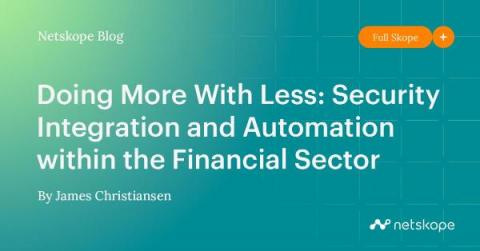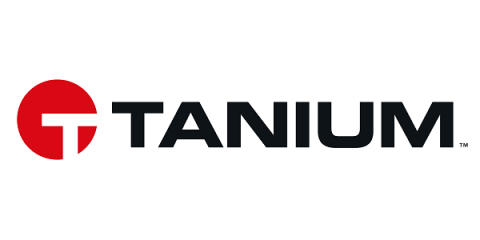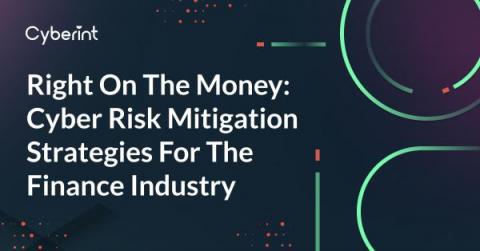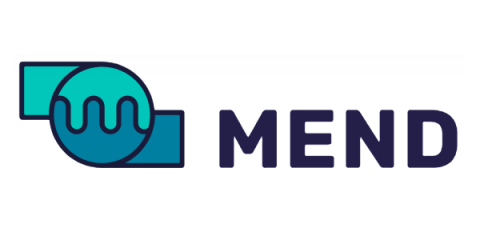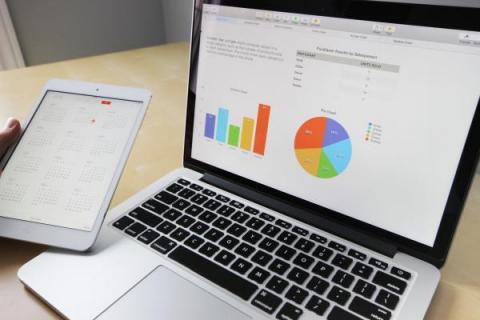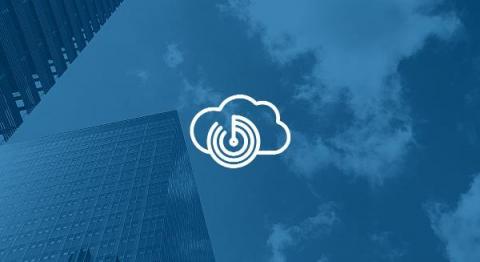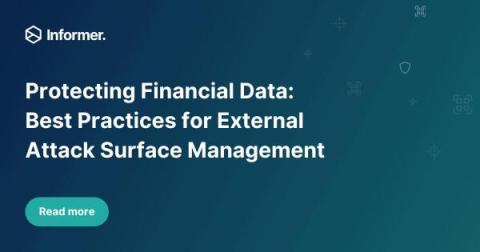Understanding OCR in Banking: Definition and Applications
OCR is the process of using technology to read characters from printed or handwritten text included inside digital images of actual documents, such scanned paper documents (optical character recognition). OCR’s primary function is to read a document’s text and convert the characters into code that may be used for data processing. Another name for optical character recognition is text recognition (OCR).


